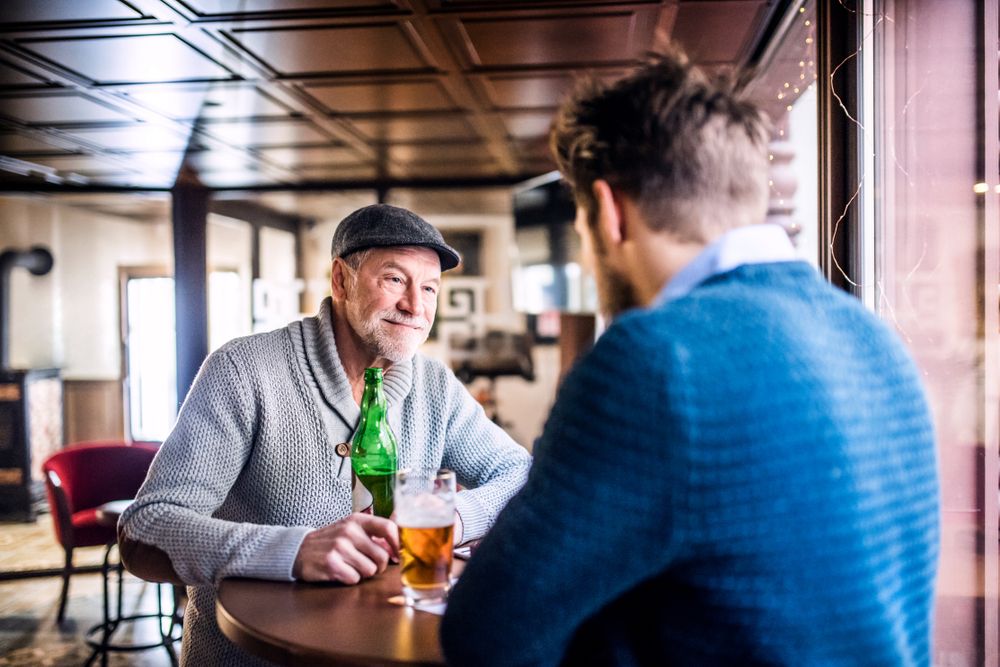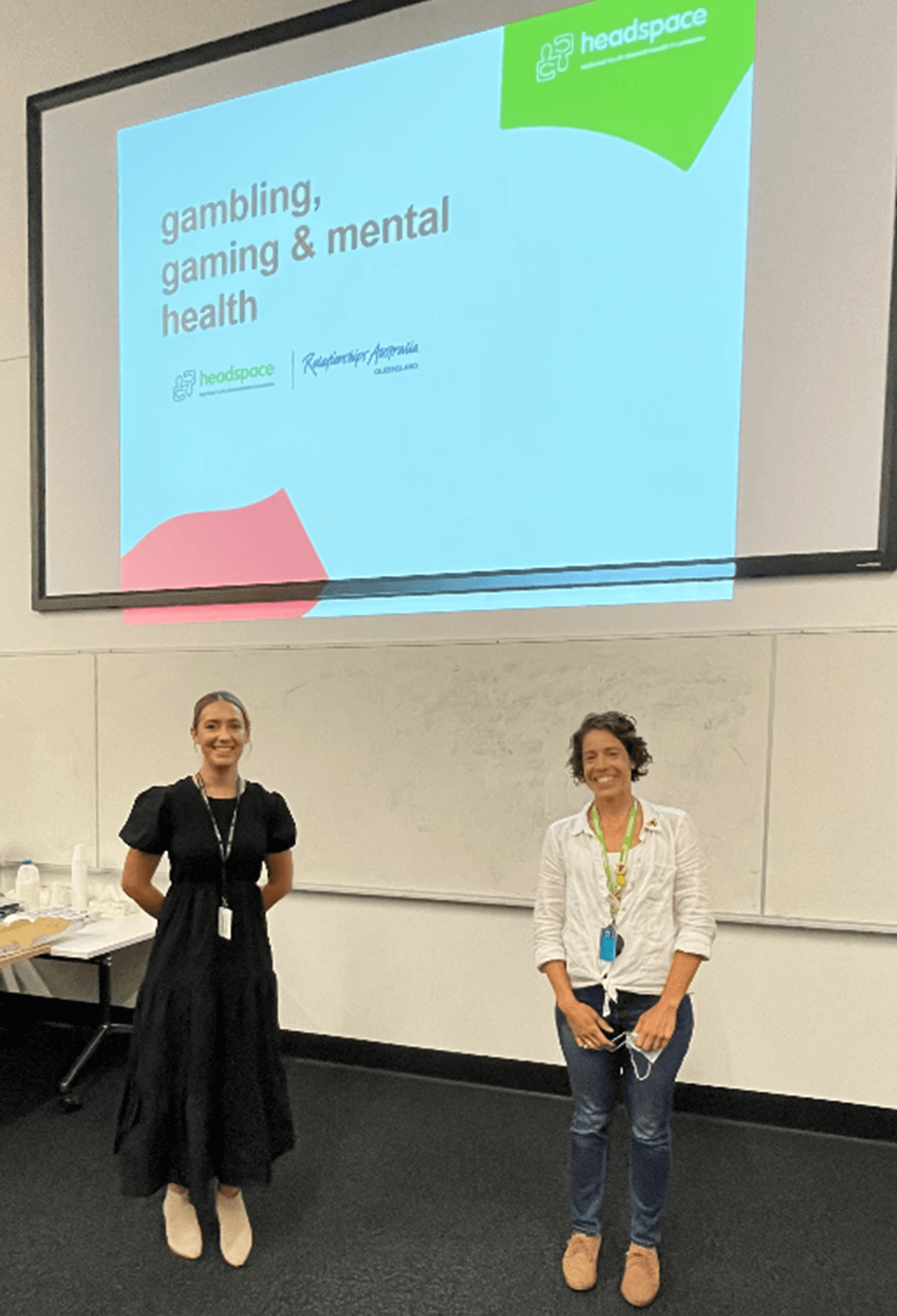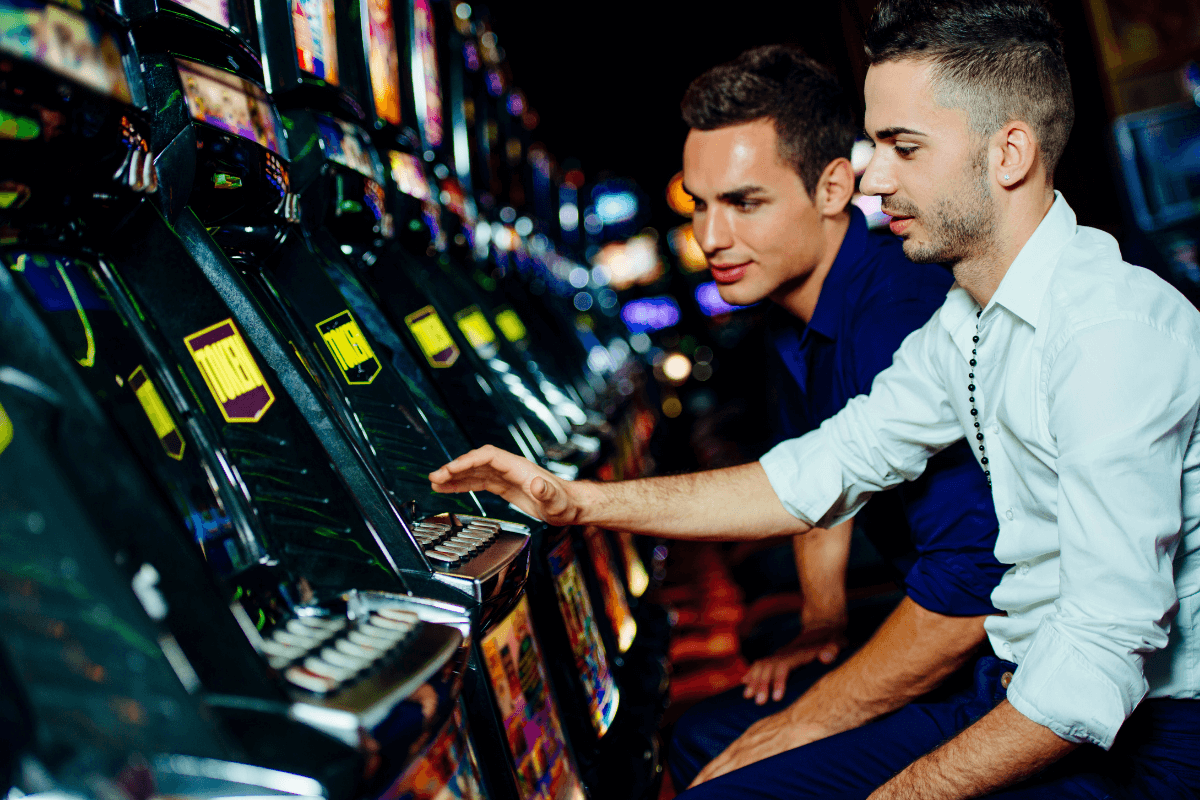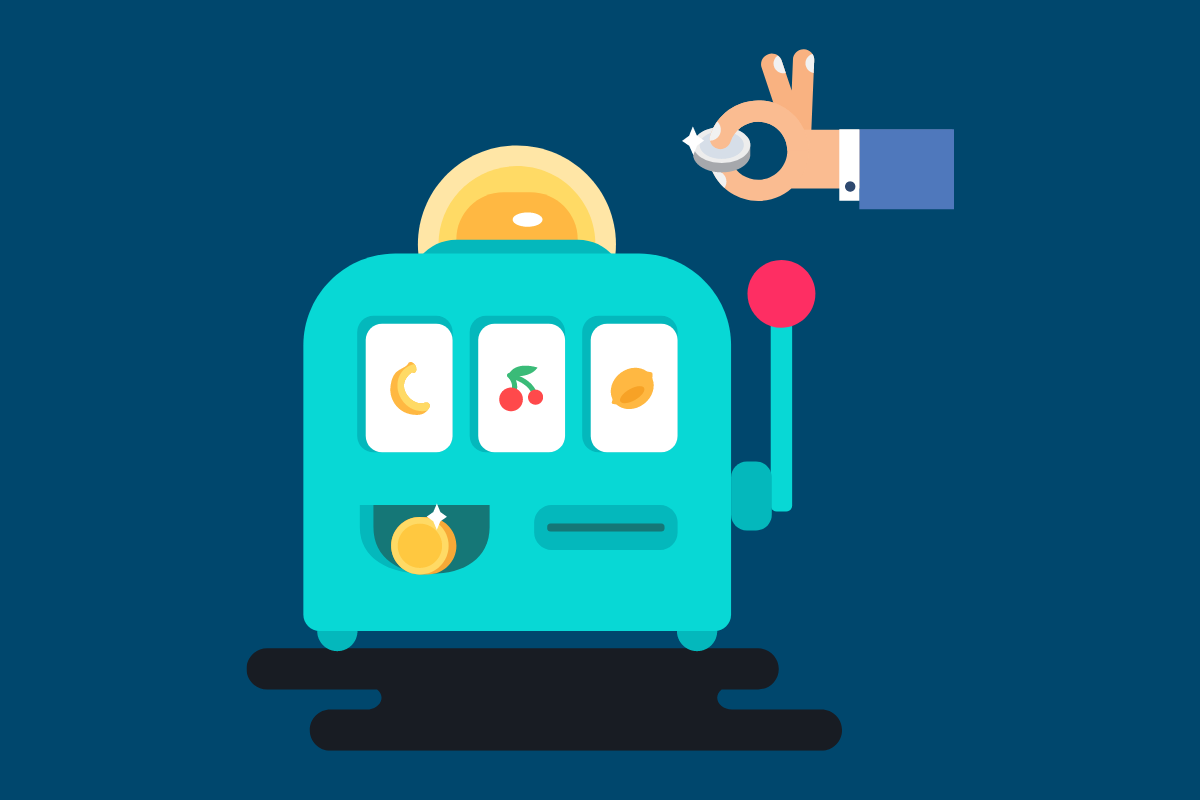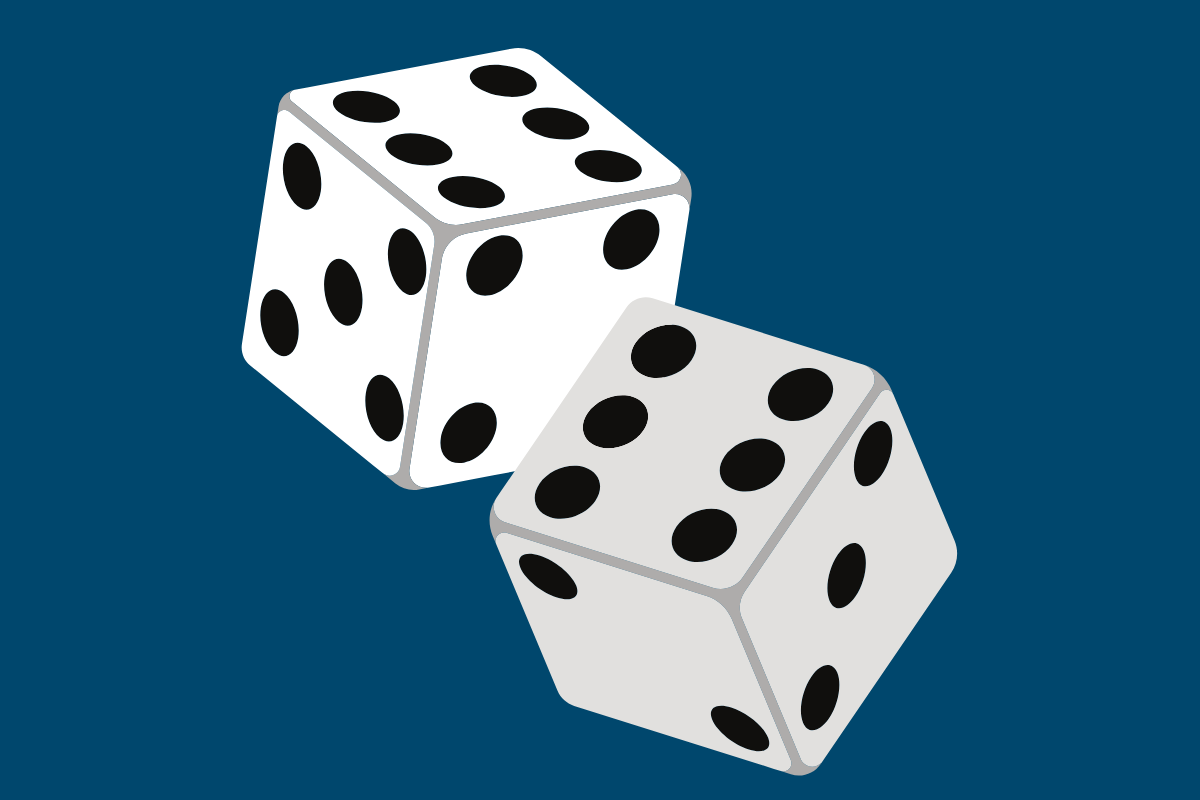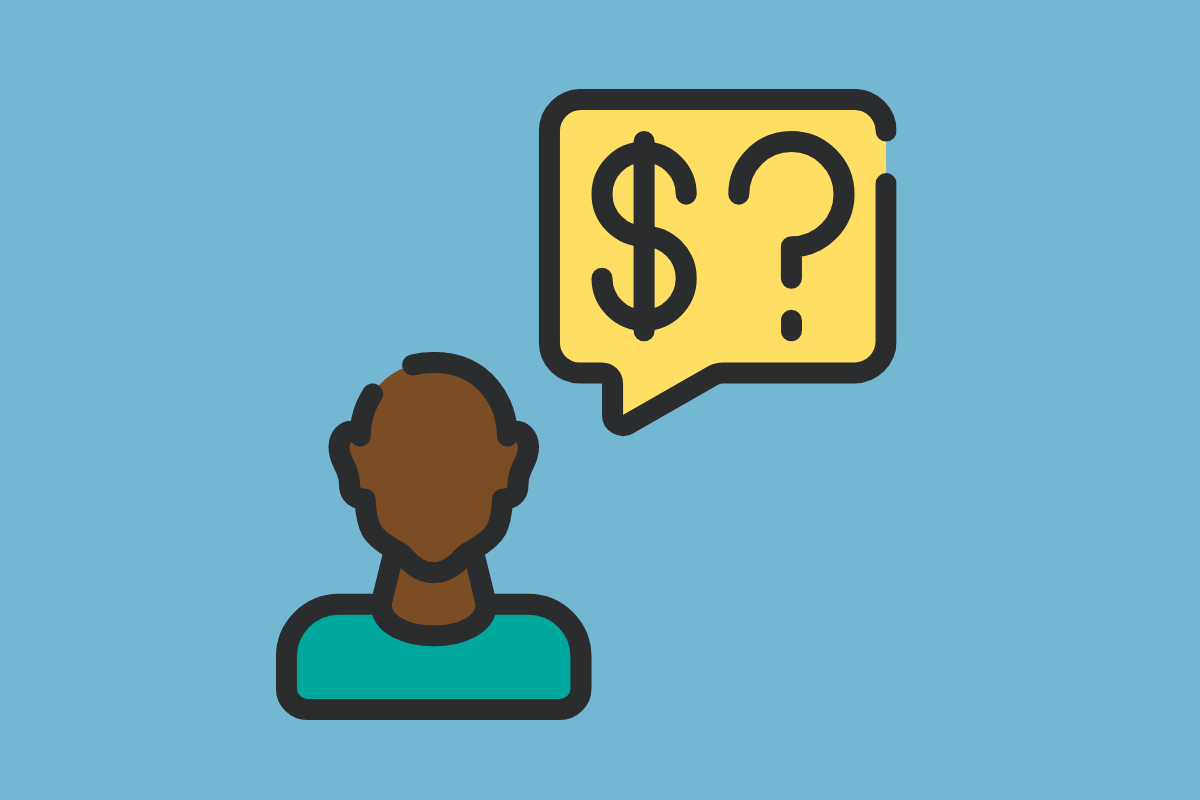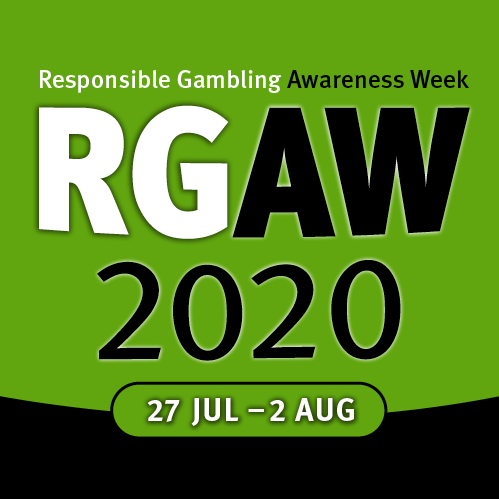If your partner’s gambling is starting to take a toll on you or your relationship, you’re not alone.
While gambling can be harmless fun when it’s kept in check, things can sometimes spiral — leading to stress, arguments, money worries, and breakdown in trust.
We’ve put together some advice to help you protect yourself, your money, and the people you care about when gambling starts to feel like a problem. We’ll also go through what free support options are available in Queensland.
Looking after yourself and your money
Even if your partner’s gambling doesn’t seem like a big issue right now, it’s okay to put some safety measures in place. Taking small steps now can help protect you down the road.
Here are some steps you can take:
- Separate or close any joint bank accounts
- Check your bank account and statements every month
- Keep bank cards, important documents, and money somewhere safe
- If you loan them money, put it in writing and agree on a repayment plan
- Update your banking passwords and PINs, and set up two-factor authentication
- Regularly open and check your own mail (both from the mailbox and your email)
- Stash some “just in case” cash in a secret spot, like in a book on the shelf or a coat pocket.
Our Gambling Help Service (GHS) counsellors often suggest having an “escape fund” if your partner is gambling. This could be a second bank account or some cash tucked away, just in case you ever need it.
“That sense of needing safety is always with us, for good or bad. And if an escape fund helps a person feel safe, then it’s doing its job.”
-Helen, GHS Counsellor
What is financial abuse?
Financial abuse is when someone controls or manipulates your money to make you dependent on them. It can leave you feeling stuck or powerless.
Financial abuse isn’t always easy to spot – especially when it’s mixed in with things like trust, guilt, or someone saying they’re “looking after you” or “trying to help.” Cultural beliefs or gender roles about who should handle the money can make things even more confusing.
When gambling is involved, signs of financial abuse can include:
- Stealing money or valuables
- Giving you little or no access to household funds
- Making you ask permission to use your own money
- Lying or being secretive about where money is going
- Putting debts in your name – with or without you knowing
- Making you carry shared financial responsibilities on your own
- Gambling with money that should go to shared expenses, like rent or bills
- Withdrawing money from your account or shared accounts without asking
- Pressuring you to take out loans, a credit card, or even your superannuation.
If any of this feels familiar, remember that it’s not your fault. Free support is available.
How gambling can affect relationships and families
When gambling becomes harmful or a ‘problem,’ it doesn’t just affect the person placing the bets – it can deeply impact everyone around them, too.
Harmful gambling might lead to:
- Broken trust
- Anxiety and worry
- Arguments and tension at home
- Ongoing money stress or unpaid bills
- Emotional strain on relatives and kids
- Feelings of isolation and not knowing who to talk to
Children in families where gambling harm is present may experience:
- Neglect
- Confusion
- Shame and guilt
- Anxiety and/or depression
- Not feeling safe or supported at home.
Gambling harm can leave lasting marks on both children and adults. That’s why taking precautions is so important.
Free support is available
If your partner’s gambling is affecting your life, there is free and confidential help available.
You’re not alone. Together, we’ll find a way to get through your partner’s gambling.
You can:
- Call Gambling Help anytime on 1800 858 858 – it’s free and available 24/7
- Schedule free, ongoing counselling with our Gambling Help Service
- Ask your bank about support options if you’re worried about financial abuse
Our Gambling Help Service (GHS) provides free, ongoing counselling to anyone impacted by gambling – whether it’s the person gambling or their loved ones. We can also connect you with other helpful services, like legal support or financial counselling.
If anything in this article has made you worry about abuse or safety in your relationship, please know that help is available. You can ring 1800RESPECT for support with family and domestic violence.

